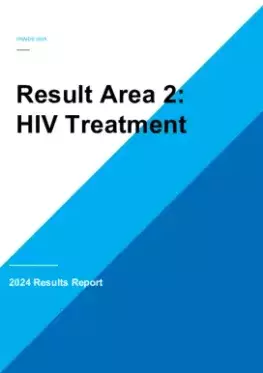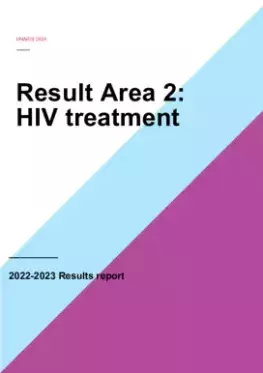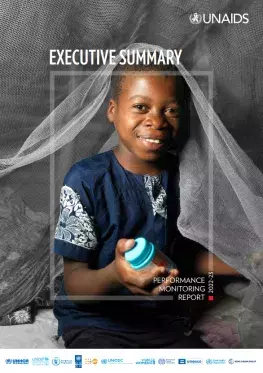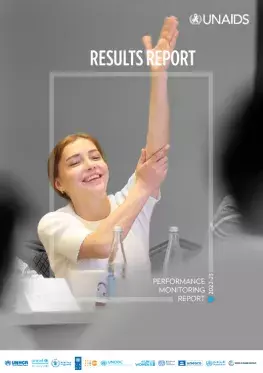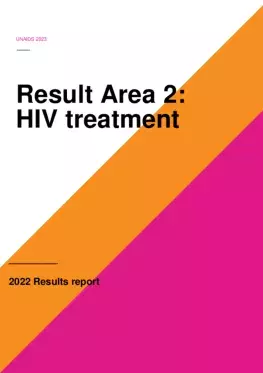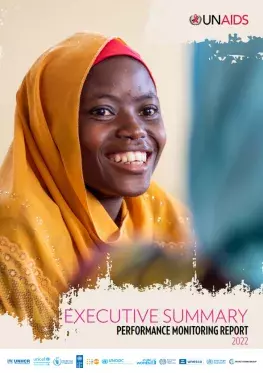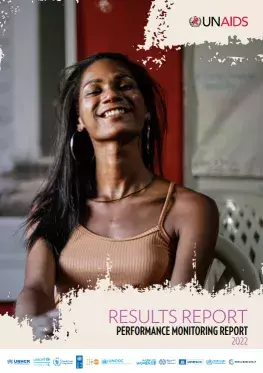The Joint Programme guided and supported countries to ensure improved access to HIV testing and treatment to all who need it, especially for the most vulnerable and marginalized populations.
More people know their HIV status thanks to the increased availability of diverse options for testing such as HIV self-testing which has expanded, with 107 countries reporting national policies for HIV self-testing and 71 implementing them routinely in 2023. Nearly all (99%) countries have adopted WHO’s recommended “treat all” approach; 73% have endorsed routine viral load monitoring for adults and adolescents; 82% provide for rapid initiation of ART on the same day as diagnosis (a 49% increase since 2020); and 78% have reduced the frequency of pickup of ARV medicines. The use of most effective Dolutagravir (DTG) as part of preferred first-line ART has increased substantially, with 92% (118 of 128) of reporting countries adopting it for adults and adolescents, up from 60 countries in 2020. For infants and children, 75% of 115 reporting countries have adopted DTG as the preferred option for treatment initiation, marking a 146% increase from the 35 countries which did so in 2020. Support to countries also focused on guiding and supporting more integrated people-centred services and systems for HIV, TB and to address other comorbidities including with innovative approaches as part of the Universal Health Coverage agenda. Various initiatives led to stronger local healthcare system capacities to provide efficient and accessible patient care to refugees and improved relations between refugees and local communities as well as to expand HIV services in closed settings.
A set of strong and clear recommendations and follow-up actions to accelerate testing as a gateway to HIV prevention and treatment services was agreed by consensus by the UNAIDS Programme Coordinating Board. Informed by an evidence-informed dialogue, background and best practice case studies from about 30 countries, these recommendations guide actions to: accelerate the implementation of an evidence-based, people-centred and differentiated mix of HIV testing approaches; strengthen community-led service provision,; ensure quality of HIV testing; integrate community generated data to enhance service quality and decision-making; review legal and administrative provisions on the age-of-consent for HIV testing; and address gaps of funding, research and access.
UNAIDS rallied Governments, private sector stakeholders, communities and other partners to ensure rapid, affordable and equitable access to new breakthrough HIV technologies including effective injectable long-acting HIV medicines for all who need them through technology sharing, decentralized global production, and research and development of products that are tailored to meet the needs of communities in diverse regions. It supported and welcomed the Global Council on inequality, AIDS and pandemics call to enable local manufacturing of life-saving medicines and the G20’s new Global Coalition for local and regional production, innovation and equitable access.


